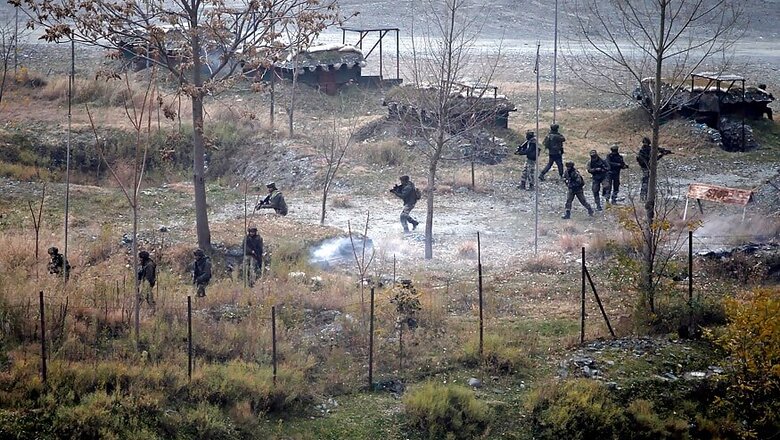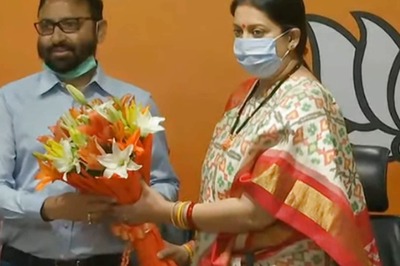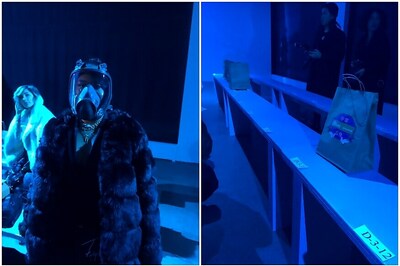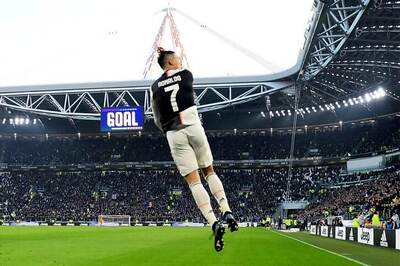
views
New Delhi: While launching the surgical strikes into Pakistan, the India Army's first point of concern was the dogs barking and attacking them on the route. To neutralise that, the Indian troops used leopard's urine and faeces to get the much-needed stealth inside the enemy territory, said former Nagrota Corps commander Lt Gen Rajendra Nimborkar on Tuesday.
According to Nimborkar, the stench of leopard’s urine helped to put dogs away and cleared the path for them to carry out the operation successfully.
Nimborkar's comments came on Tuesday when he was awarded by the Pune-based Thorle Bajirao Peshwe Pratishthan for his contribution to the strikes.
Nimborkar, who served as brigade commander in Nowshera sector, had minutely studied the biodiversity of the area to prepare for the strike.
“While in the sector, we had experienced that leopards often attack dogs in the areas. To save themselves from the attack, dogs prefer to stay in the locality during night.
“While devising the operational strategy, we were aware about possible dogs barking and attacking while crossing villages on the route. To counter it, our troops carried leopards’ urine and faeces. They used to spray it outside the village. This worked well and the dogs left them alone,” Nimborkar was quoted as saying by The Times of India.
In September last year, the Army launched surgical strikes against terror launch pads across the Line of Control (LoC) after 19 soldiers were killed in a terror attack on an Army camp in Uri.
Former Army Chief Gen Dalbir Singh, under whose tenure the surgical strikes were conducted, at the time refused to delve into the details of the surgical strikes.
“The methods and means of executing the surgical strikes cannot be made public,” he said then.
In June 2018, when a video clip of the surgical strikes was aired by several news channels, Manohar Parrikar, who was Defence Minister when the strikes took place, observed that the footage which had been broadcast was only a fraction of the actual evidence of the strikes.
"The exercise has been carried out by armed forces and the credit goes to the armed forces. But you cannot deny the credit to the political leadership which took the strong decision,’’ Parrikar had said in June.
He recalled that it was an extensive operation which was carried out after thorough planning and preparation.




















Comments
0 comment